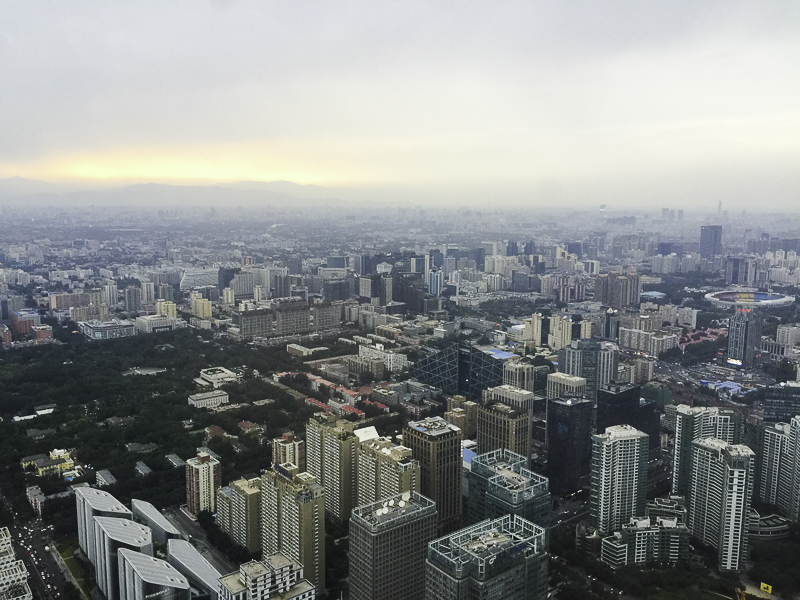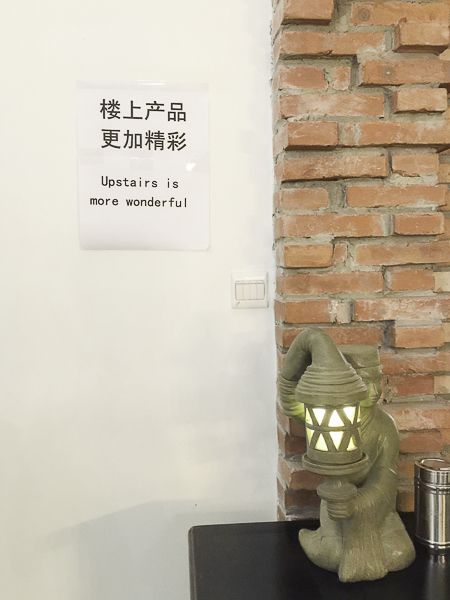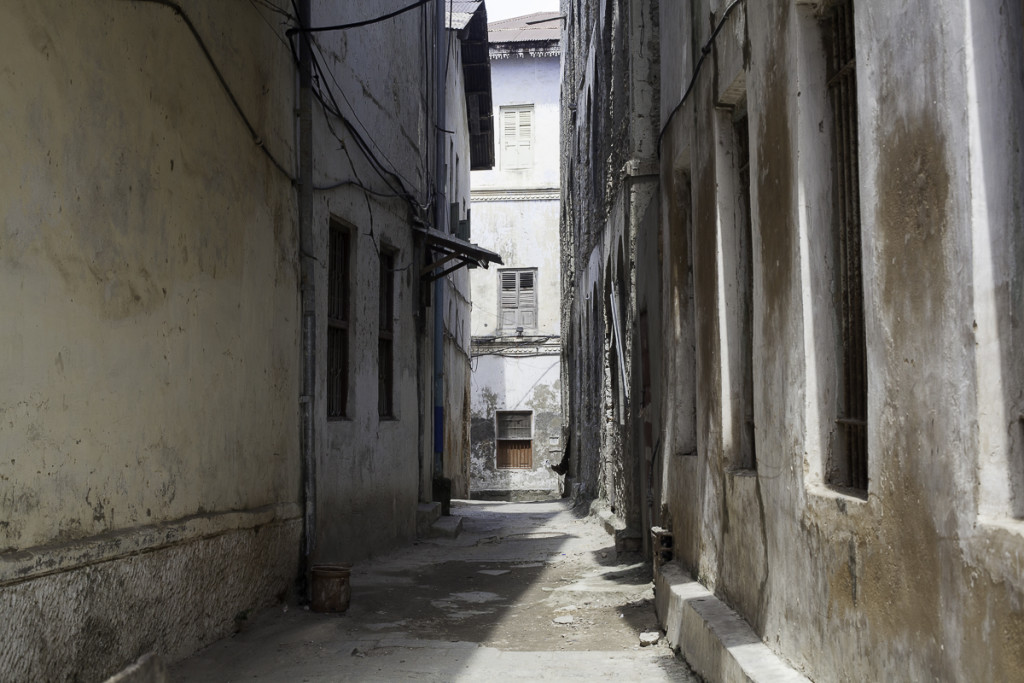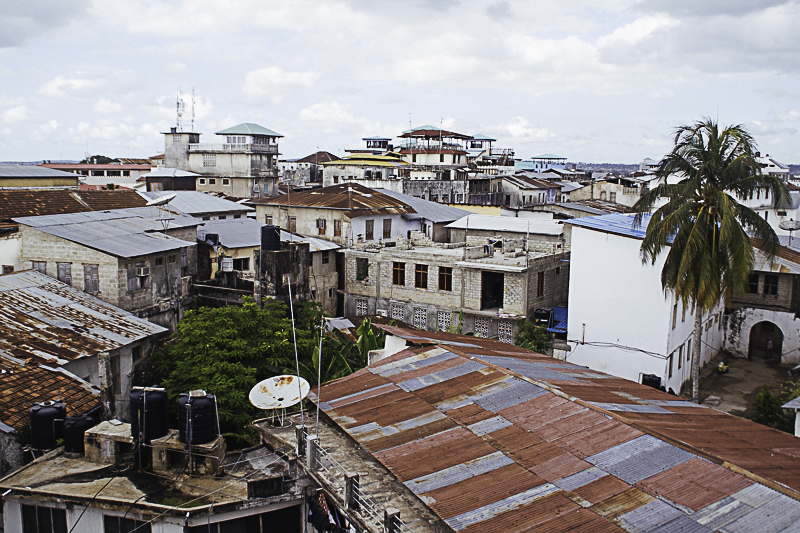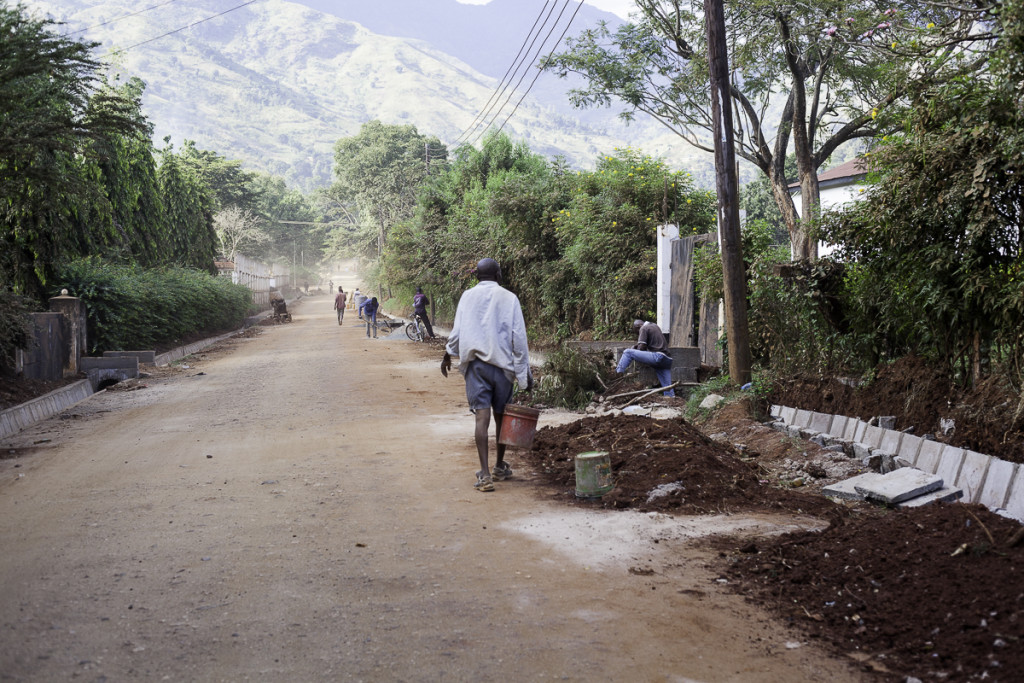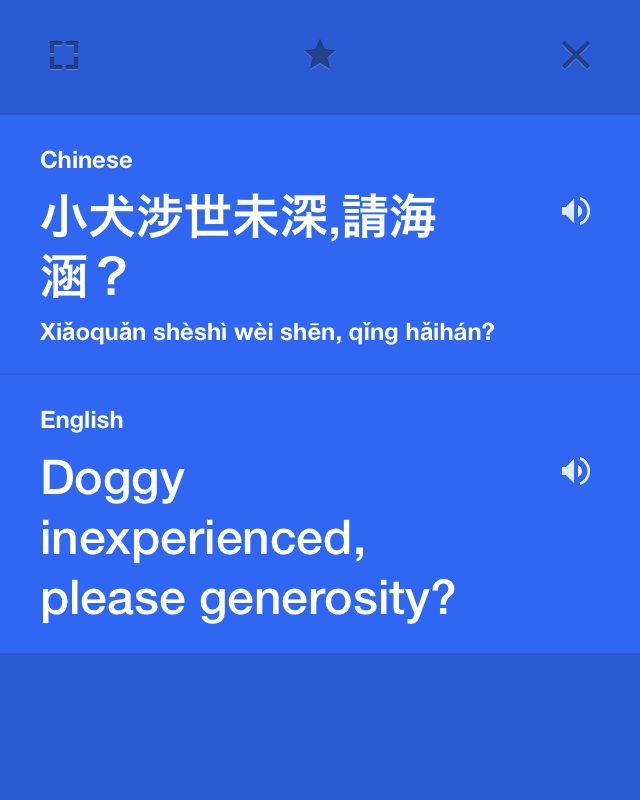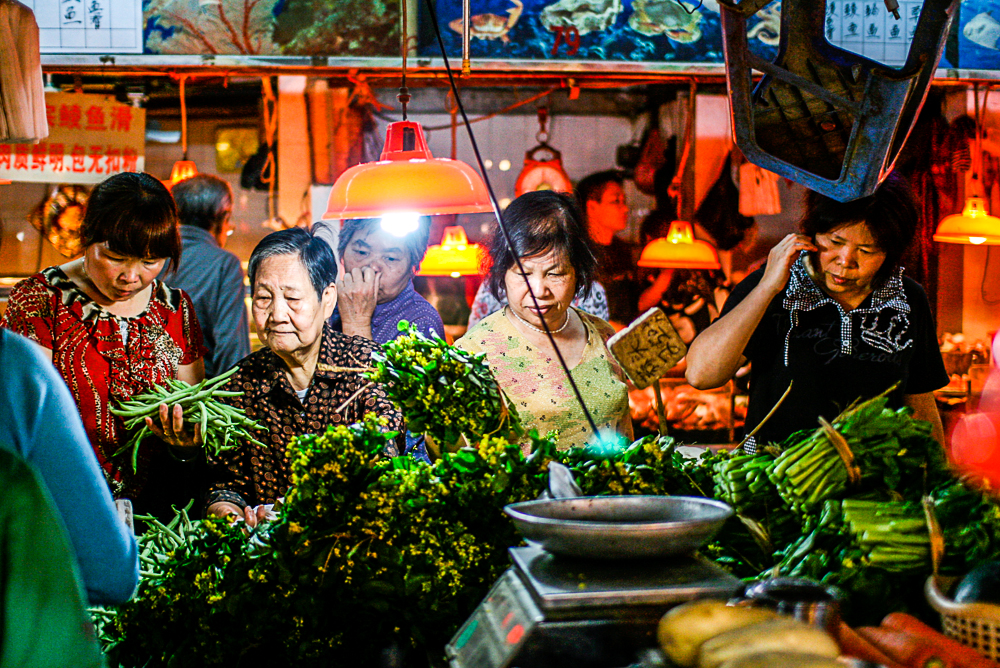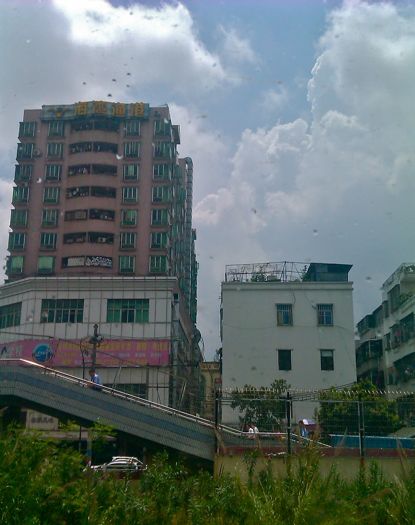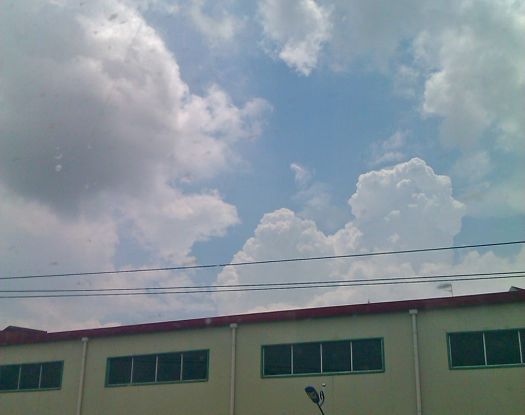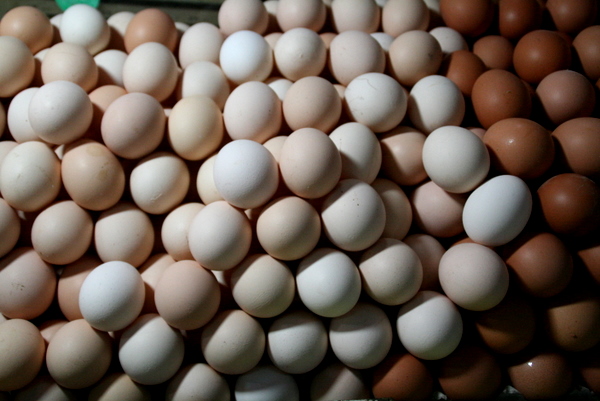Beijing is not really a city of surprises. I mean, the Chinese people are kind of predictable, in the most fantastic of ways. Even the corruption in this country (which there is, plenty of) is a fairly predictable act, certainly in comparison to the corruption that is rampant in every little crevice of East Africa. And at the very least, when the corruption here is reported on the reporting is good and well-documented. Ha.
This city of Beijing; this culture of China; it’s predictable for a slew of reasons, mostly because of the remnants of communism, but also because of the values of the people. Same difference? Maybe. Regardless, the values of the modern day Beijing ren, the Beijing people, shoot for the sky–I mean this quite literally, with construction cranes in every direction as I look out my 16th floor window, and more glass and concrete piled in odd forms (pants building!) than I’ve ever witnessed in my life. Also metaphorically, though, with its pursuit of higher goals in education, community, governance, youth, food; really, it seems like they want to be the best at everything. How they go about it is different than our American free-for-all, willy-nilly, Wild West sort of way. It’s with a Chinese anything-goes sense of disorganized chaos, most exemplified by their eight-lanes of moving traffic. It’s something a foreigner will only understand after spending some time here.
So, a thrilling and confusing ride at times, but definitely no surprises. Of course in this there are problems. With every yin there is a yang– with great infrastructure comes heavy pollution, with its shining value of the common people comes massive government oppression, in its many forms of breakthrough technology there is insane levels of censorship. With a new generation, it must attempt to remember the generations past. But in my short time here I see these negatives are tolerated and accepted, and I believe it comes because everyone knows the end game: let’s be better, let’s be Chinese and let’s let people know who we are. They will get over pollution if it means their buildings will be great. They will overlook the strict government mandates because they are One People. They will deal with censorship because they can scan a QR code and be my friend. And they are slowly learning how to use organic farming, how to re-invent their cuisine, and how to forge meaningful relationships with the West, all while remembering their forefathers.
So, I’m living in my relatively predictable state with a culture that presents no major surprises every day, but that doesn’t mean there’s no sense of new or exciting, or that there’s nothing special about it. Limits are being stretched, the culture of China is changing. I look forward to being in a country that is so quickly going through a pubescent stage of modernization, and look forward to personally getting to know this place in what will be, I’m sure, a fast four years.

